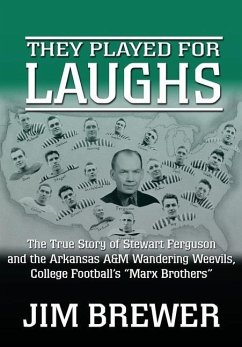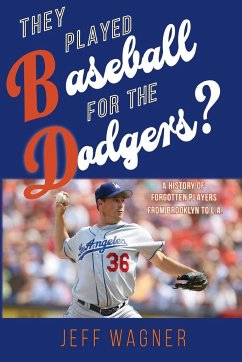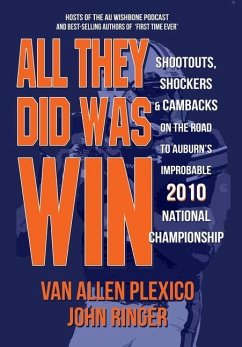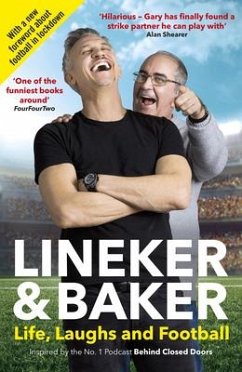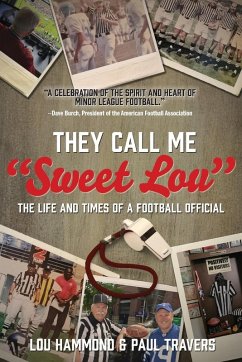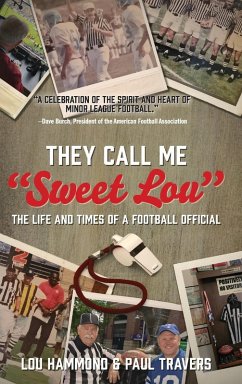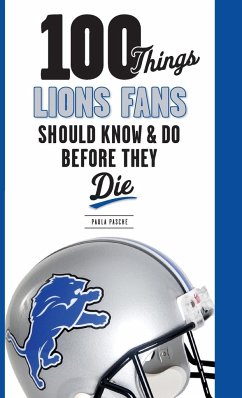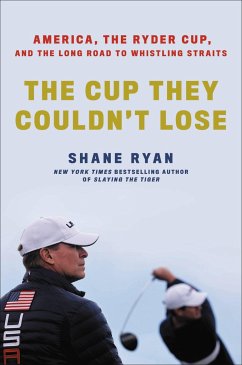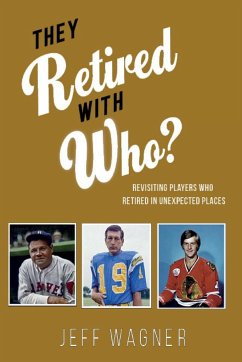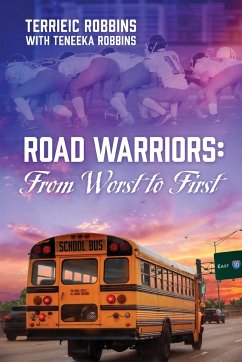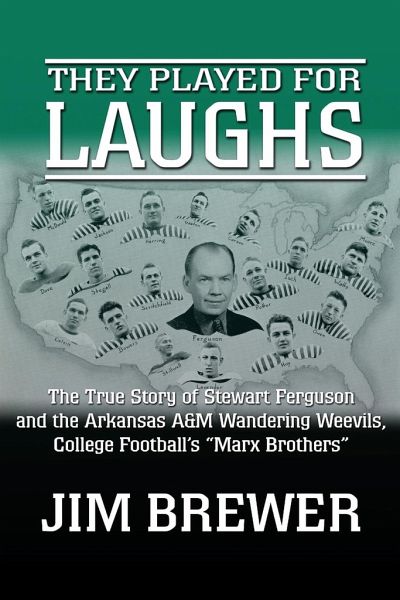
They Played for Laughs
The True Story of Stewart Ferguson and the Arkansas A&M Wandering Weevils, College Football's "Marx Brothers"

PAYBACK Punkte
9 °P sammeln!
At a time when college football players routinely take under-the-table cash from boosters, when a player's father shops his son to the highest bidder, when a coach discovers violations by his players and sweeps them under the rug, the story of Stewart Ferguson and the Wandering Weevils is a timely reminder that the game wasn't always saturated with money and corruption - that there once was a team that played the game for laughs. From 1939 to 1941, the football team from tiny Arkansas A&M College (now the University of Arkansas at Monticello) traveled the country from coast to coast in a batte...
At a time when college football players routinely take under-the-table cash from boosters, when a player's father shops his son to the highest bidder, when a coach discovers violations by his players and sweeps them under the rug, the story of Stewart Ferguson and the Wandering Weevils is a timely reminder that the game wasn't always saturated with money and corruption - that there once was a team that played the game for laughs. From 1939 to 1941, the football team from tiny Arkansas A&M College (now the University of Arkansas at Monticello) traveled the country from coast to coast in a battered green school bus playing football for fun. Their coach, a quirky iconoclast named Stewart Ferguson, was also a professor of history, dean of men, and in possession of the most coveted contract in the history of coaching; Ferguson did not have to win a game - not one - for three years. He thumbed his nose at college football's establishment and played the game on his terms. His players were country boys from the segregated South and most had never been more than 10 miles from home. For three seasons, they traveled thousands of miles and along the way they walked the streets of New York, met movie stars and politicians, and stood on the shores of both the Atlantic and Pacific Oceans. They played their first game against an African-American and were exposed to different people, cultures and ideas that challenged their preconceived notions and prejudices. They became national sensations. Collier's magazine called them the Marx Brothers of college football. They rode bicycles from sideline to huddle and stood at attention with their helmets removed as enemy ball carriers raced through them for touchdowns. They tackled their own quarterback, quacked like ducks in the rain, and serenaded fans with their own version of "You Are My Sunshine." They lost most of the time, but Ferguson didn't care and neither did his players. As Ferguson often told repo





